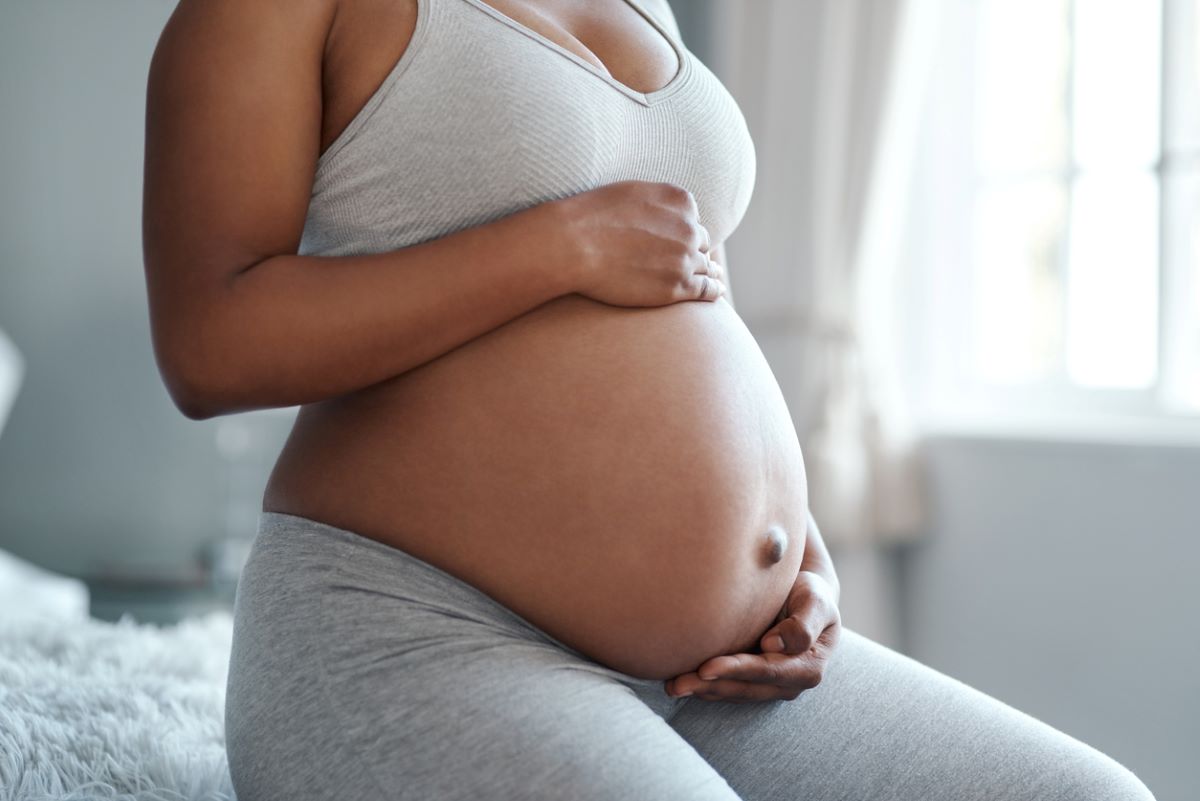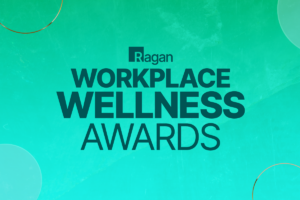Does your organization’s health insurance cover home births?
On the rise during the pandemic, home births are especially popular among Black women, but many insurance providers do not seem supportive of the trend.

The number of U.S. births has been declining every year since 2008—2014 being the one exception—according to the U.S. Census Bureau. While the Census Bureau indicates it may be too soon to draw broad conclusions about the full impacts of the pandemic on birth trends, it does appear likely the pandemic caused at minimum a temporary drop in the birth rate. Another pandemic side effect related to pregnancy is the growing popularity of home births.
Popularity in this case is a relative term, considering 98% of births still happen in hospitals. But a report from the National Vital Statistics System, a division of the U.S. Centers for Disease Control and Prevention, finds that the percentage of births at home rose from 1.03% (38,506) in 2019 to 1.26% (45,646) in 2020, a 22% increase.
The report points to three possible causes for this increase:
- Concerns about contracting COVID-19 in-hospital.
- Pandemic-related restrictions on how many visitors or support people are allowed in hospitals during birthing process.
- The possibility of a mother being separated from baby if mom is suspected to have COVID-19.
Risk of maternal mortality for Black women
This jump in home births occurred the most among Black women, increasing by 36% between 2019 to 2020. And while the pandemic and its related impacts may be a motivating factor for this, another factor could be concerns that traditional health systems are not as supportive to Black women. A famous example: professional tennis player Serena Williams’ pregnancy story, where she knew something was wrong before her health care team.
Reporting by the Population Reference Bureau examines a study by the Maryland Population Research Center (MPRC) at the University of Maryland. The study reveals the leading causes of maternal death for Black women to be a form of heart failure called postpartum cardiomyopathy and the blood pressure disorders preeclampsia and eclampsia—with mortality rates five times those of white women.
Hemorrhage or embolism (blood vessel blockage) are also two times more likely to cause pregnant or postpartum Black women to die than white. Late maternal deaths—those occurring between six weeks and one year postpartum—were three and a half times more likely among Black women.
Study coauthor Marie Thoma, University of Maryland School of Public Health and the MPRC, says, “Further research into the experiences of people of color can inform efforts to improve health care systems and, thus, improve the birthing experience for all. We need new models of care before, during and after birth to address these inequities.”
But insurance providers appear resistant to women choosing home births—whatever a woman’s rationale for doing so.
Barriers to insurance coverage
An article by Time shows that the average cost of a home birth in the U.S. is much less than the average hospital birth: $4,650 in total payments from insurers plus individuals for a home birth, compared to $13,811 for a hospital birth paid by insurers and individuals. Yet major insurers often deny claims to fully cover home births and accompanying prenatal and postnatal care.
“I’ve heard from people all across the country—all kinds of scenarios, all kinds of insurance—that there will be some barrier to getting coverage or reimbursement for home birth with a midwife,” says Indra Lusero, attorney and director of the Elephant Circle, an advocacy group focused on birth and reproductive justice. “There’s a broad culture of anti-home birth in the insurance industry in general.”
One reason insurance companies cite for not covering home birth costs is that scientific and professional organizations, like the American College of Obstetricians and Gynecologists, say hospitals and accredited birth centers are the safest place for pregnant women—something that remains under debate by experts.
Time also reports that the insurance coverage decisions around home births often require appeals, a burden that often falls to postpartum mothers. Katherine Baker, who handles billing for mainly New York-based midwives, expresses concern about this: “The fact that insurance companies like UnitedHealthcare and Aetna have policies in place to keep women from obtaining coverage for home birth has become a major women’s health issue, especially during this pandemic.”
A statement from Aetna to Time says that most their benefit plans do not cover planned home births except as required by state regulations “based on the guidance of medical professional societies that evaluate the safety and effectiveness of planned home births.” UnitedHealthcare simply states its plans include coverage but provided no further details.
At a time when employers are increasingly touting and rolling out additional support and employee benefits, like paid family leave and other supports for women around pregnancy, it appears there is a disconnect between employers’ support and flexibility and the insurance coverage.
It may be worth re-reading your company-offered insurance benefits around maternity care to assist any family-planning employees understand their coverage as they make a birth plan. And perhaps consider adding saving for pregnancy costs to a financial wellness resource docket, so employees are prepared for any out-of-pocket costs or can choose a home birth (if eligible health-wise) without financial strain.
Want more? Learn how unpaid maternity leave impacts well-being.
COMMENT
Ragan.com Daily Headlines
RECOMMENDED READING
Tags: COVID-19, DE&I, health insurance, maternity, safety, women's health






